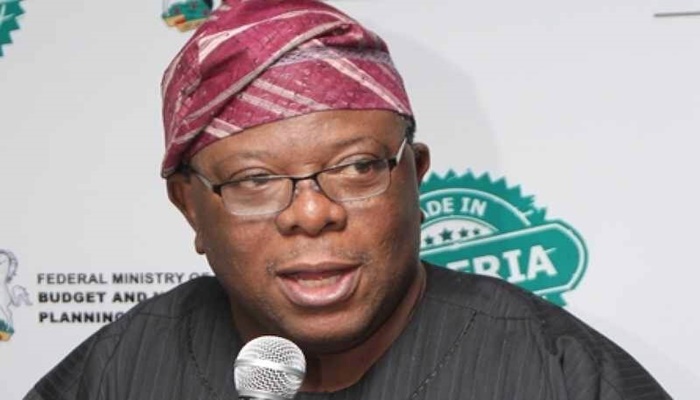NESG gives panacea for economic, social inclusion
The Nigerian Economic Summit Group (NESG) has said that for the country to achieve economic and social inclusion, government must first tackle the current sluggish economic growth in the country.
NESG stressed that the nation’s economic recovery remained fragile as the Gross Domestic Product (GDP) growth rate declined from 1.9 per cent in the first quarter of 2018 to 1.5 per cent in the second quarter.
“It improved to 1.8 per cent in the third quarter. On a sectoral level, 12 out of the 46 activity sectors recorded negative growth in Q3, an increase from 10 sectors in Q1.”
The group’s concern was raised in its Macroeconomic Outlook, titled ‘Steering Nigeria through the inclusive growth pathway: What strategy should government adopt?’
The Chief Executive Officer of NESG, Mr ’Laoye Jaiyeola, noted in the report that 2019 would come with uncertainties, security concerns and new challenges for policymakers being an election year.
“But it also presents an opportunity for the Nigerian government to make the radical changes and reforms that will address the pertinent economic challenges facing the country. In 2019 and beyond, the government of Nigeria at all levels must exercise the political will to drive the country’s development process,” he added.
The group further noted that a critical pillar of inclusive growth is achieving broad-based economic growth that leads to a significant reduction in unemployment, poverty rates and improvement in other social and economic indicators.
“The idea behind the broad-based growth concept is to attain quality economic growth, which is driven by several critical sectors of the economy. Nigeria’s post-recession growth pattern is still skewed towards few sectors, showing the limited capacity of the economy to create jobs and reduce poverty, NESG said.




